Het zal aan mijn onverwoestbare humeur hebben gelegen, en aan de diepe behoefte om nu eens eindelijk goed nieuws te brengen over de culturele sector, maar ik had het dus fout. Dinsdag meldde ik dat de podiumkunsten er weer bovenop aan het komen waren, na de draconische bezuinigingen van Halbe Zijlstra, maar dat is dus niet zo. Hoe graag de sector zelf ook graag wil dat het goed gaat, de cijfers spreken het keer op keer weer tegen.
De Vereniging van Schouwburg en Concertgebouw Directies heeft ons allemaal toch weer een beetje in het ootje genomen. Met een heuse infographic nog wel. Maar, zoals dat gaat met infographics: je kunt er nog zoveel vrolijke kleurtjes en kreetjes in zetten, en onderop zelfs ‘Bravo!’ en ‘Applaus!’roepen, de cijfers zelf liegen niet, ook al presenteer je ze net even iets anders dan vorig jaar.
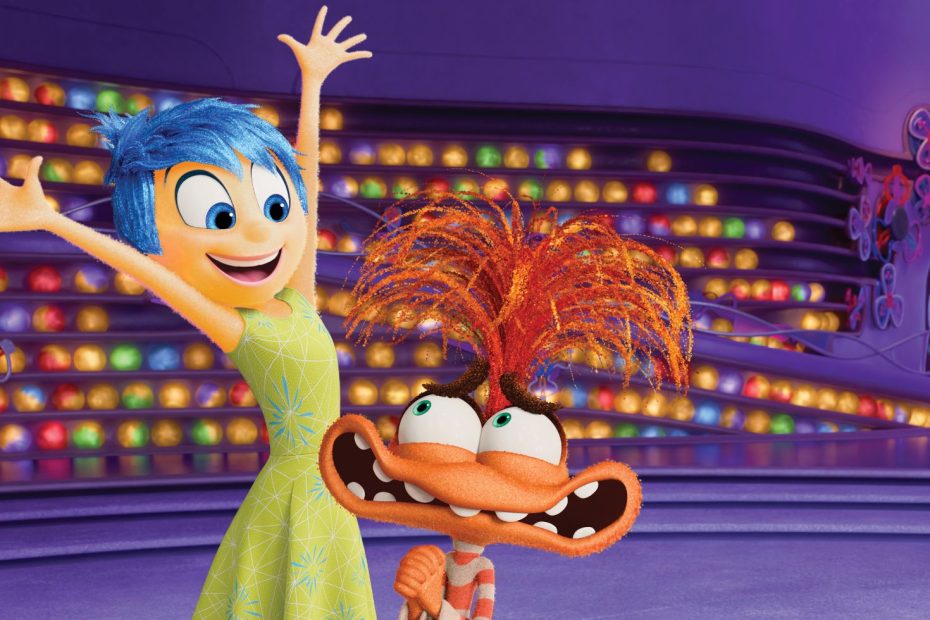
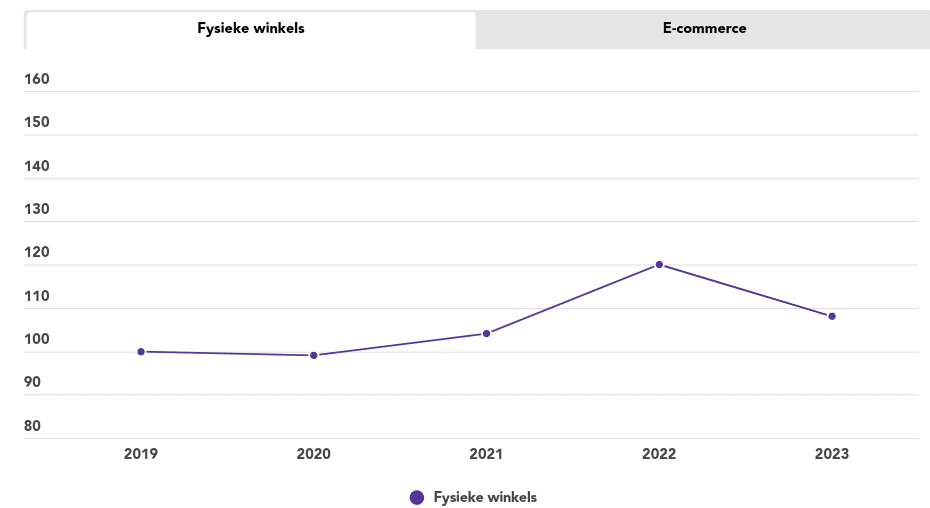
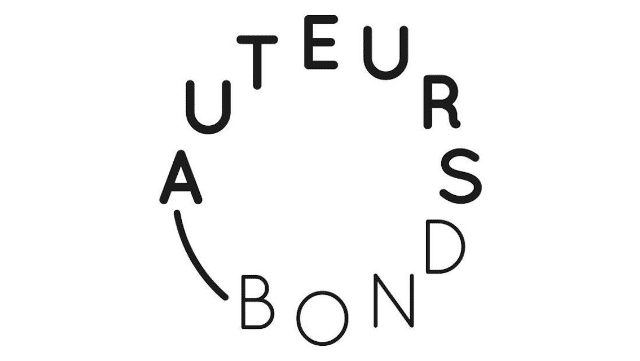
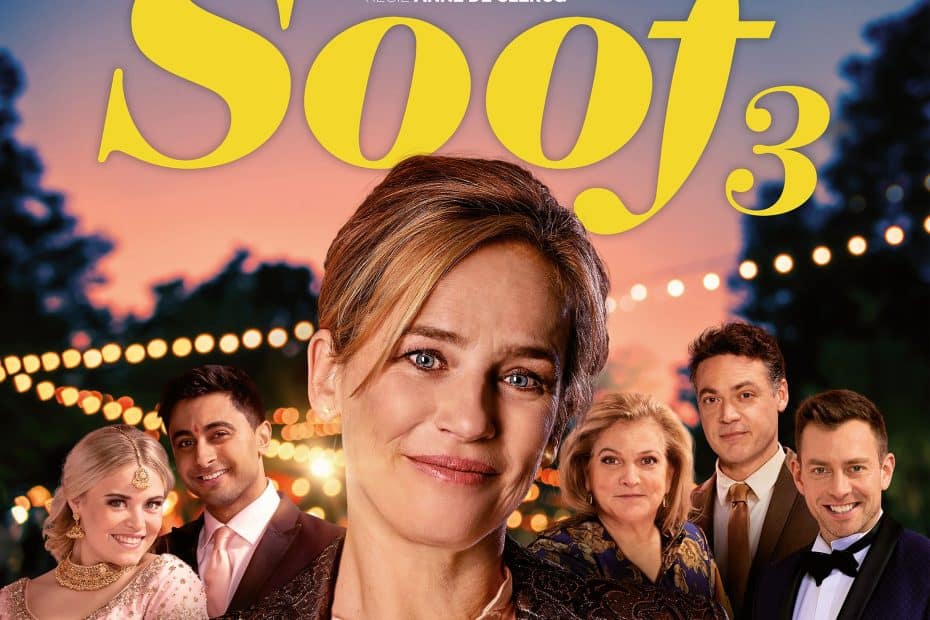




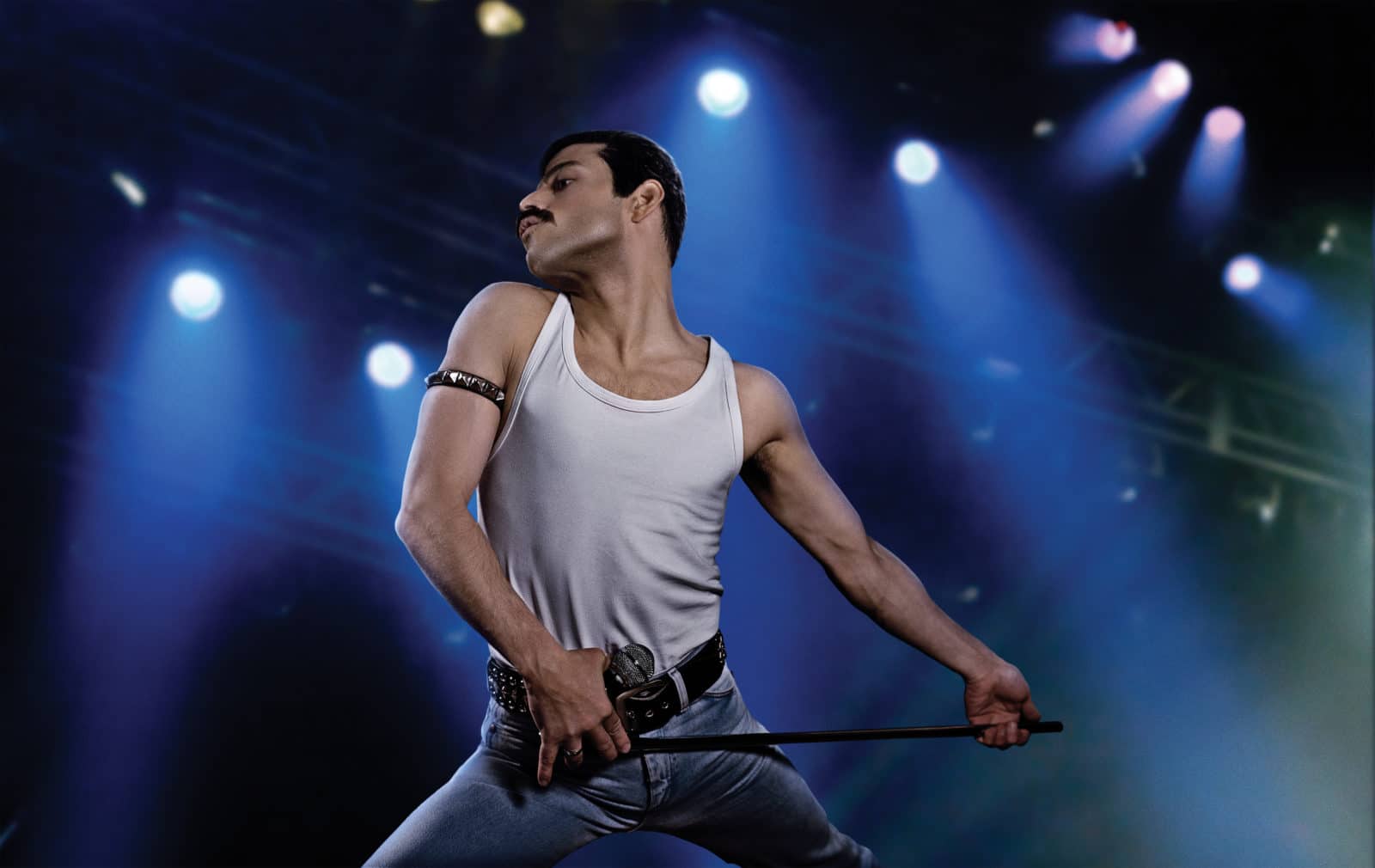
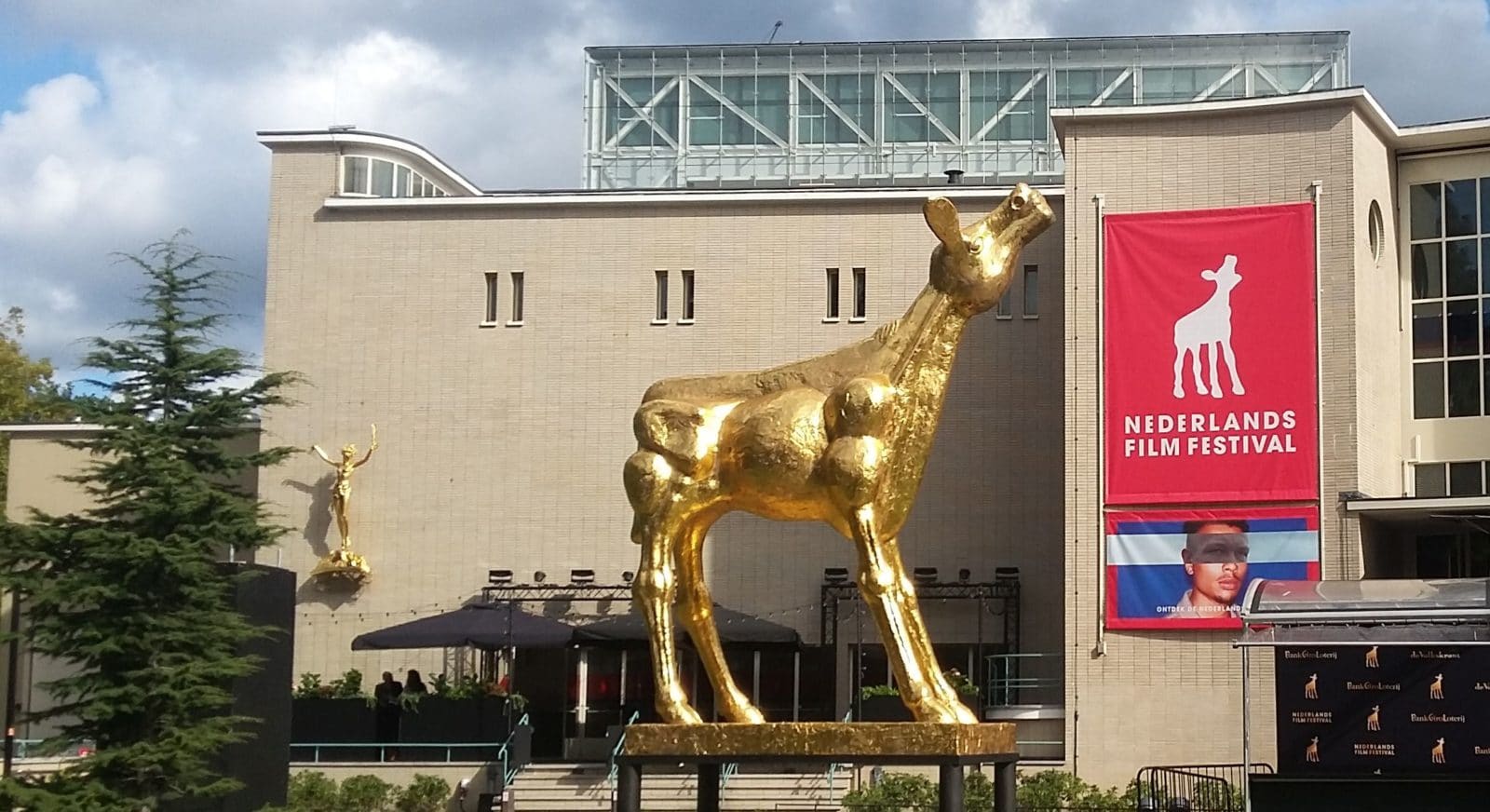
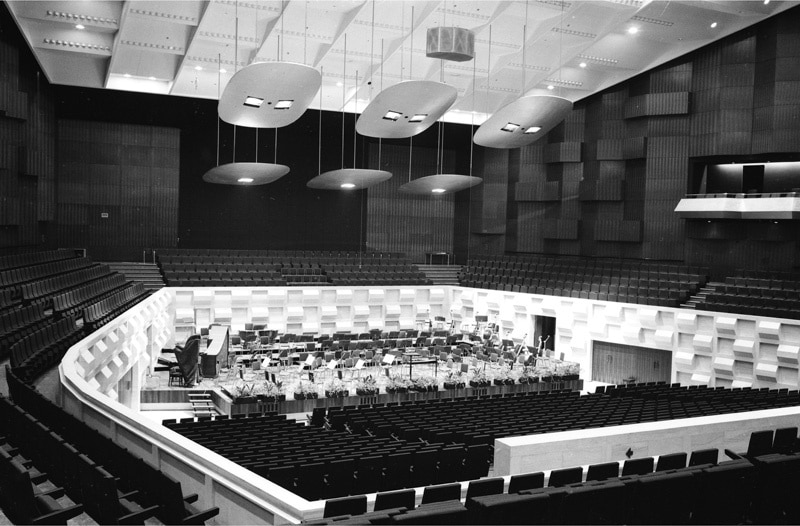
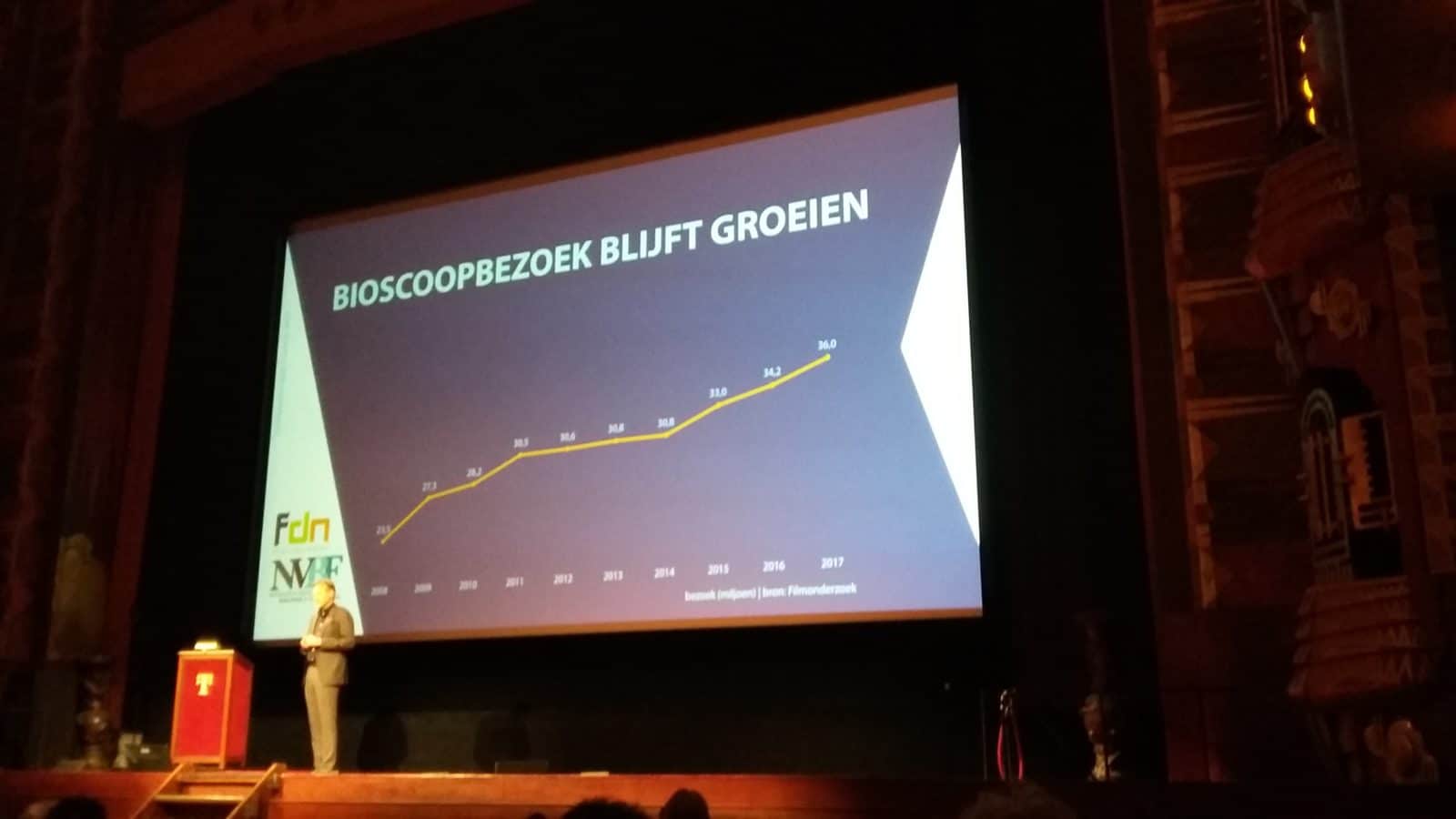
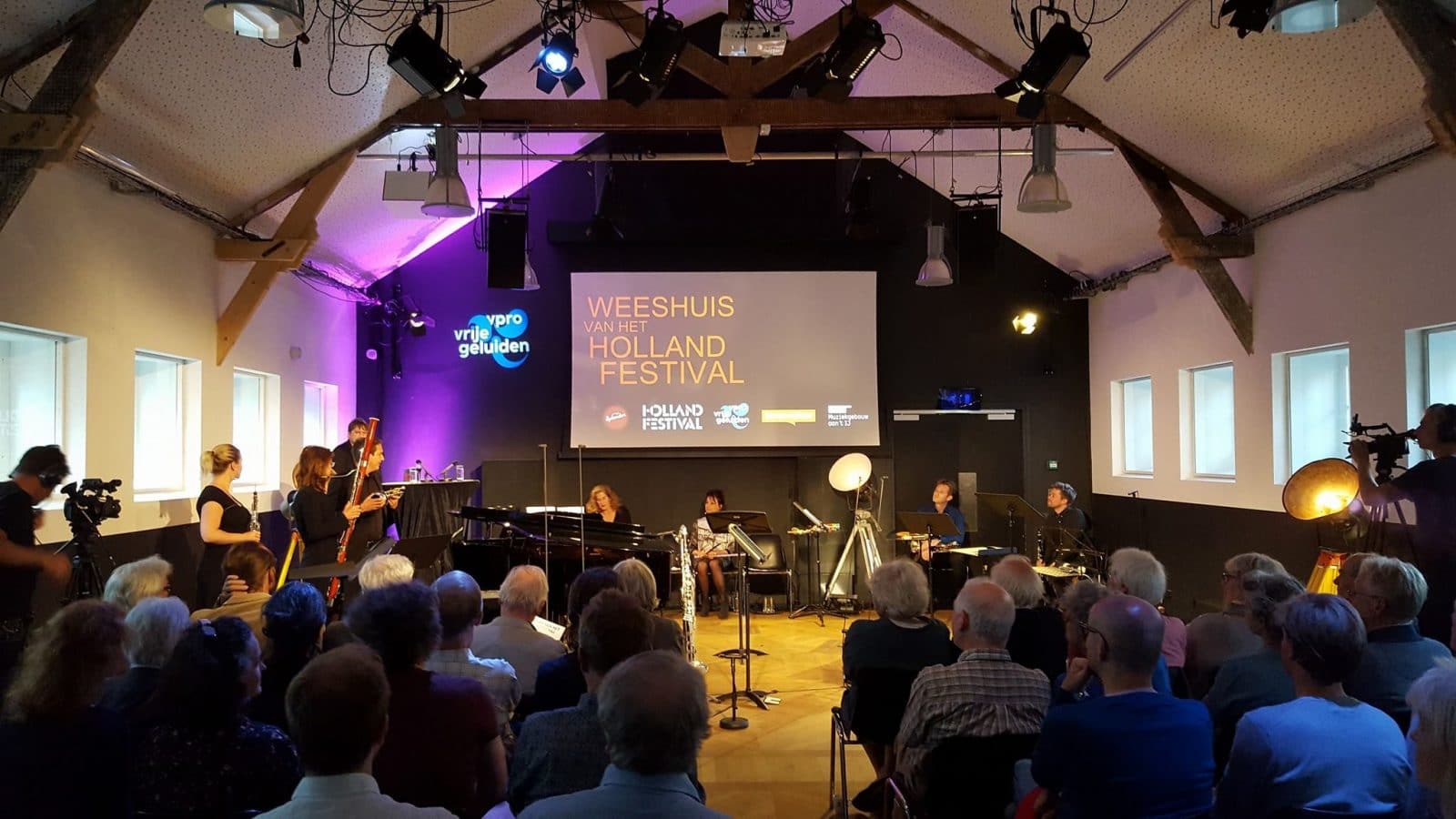
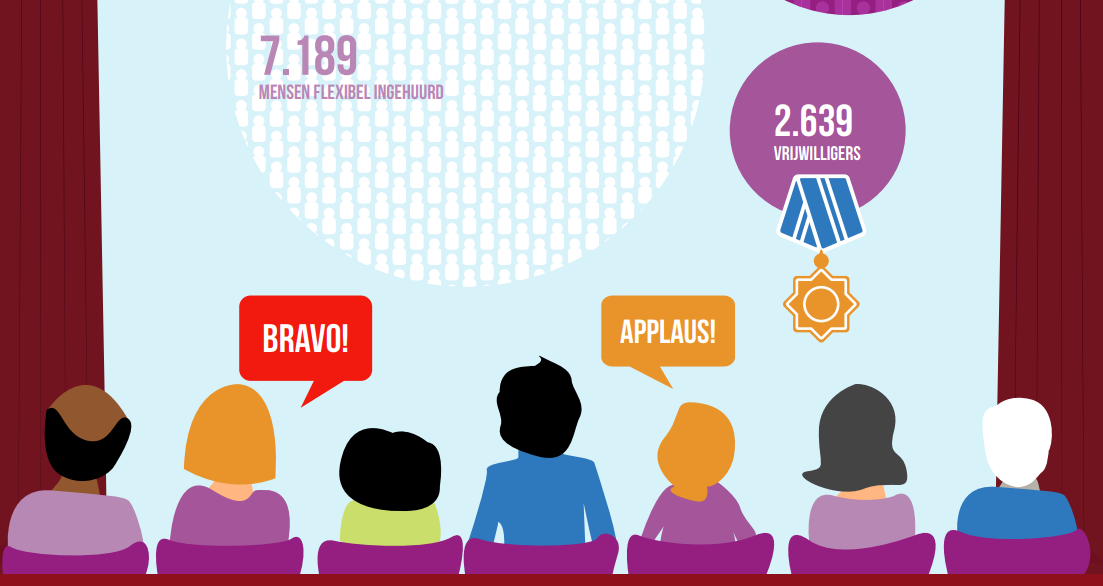
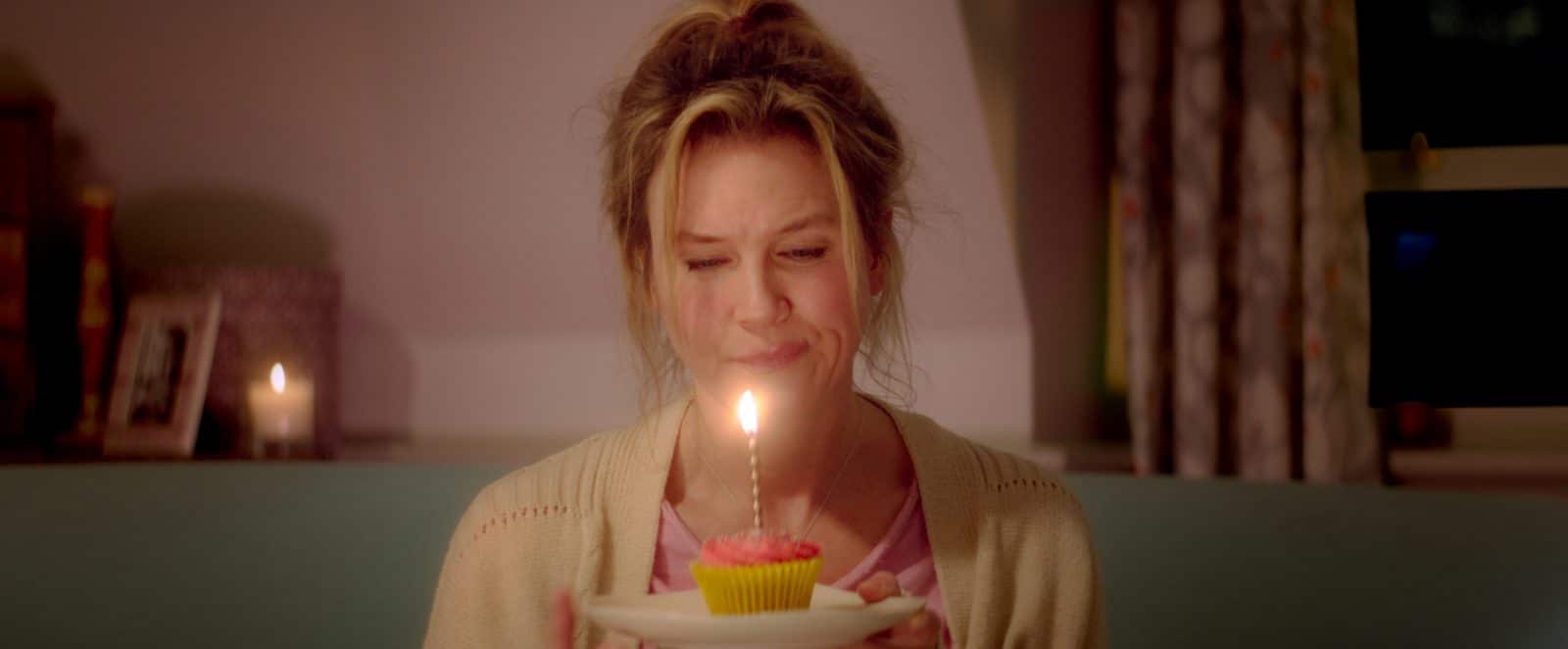

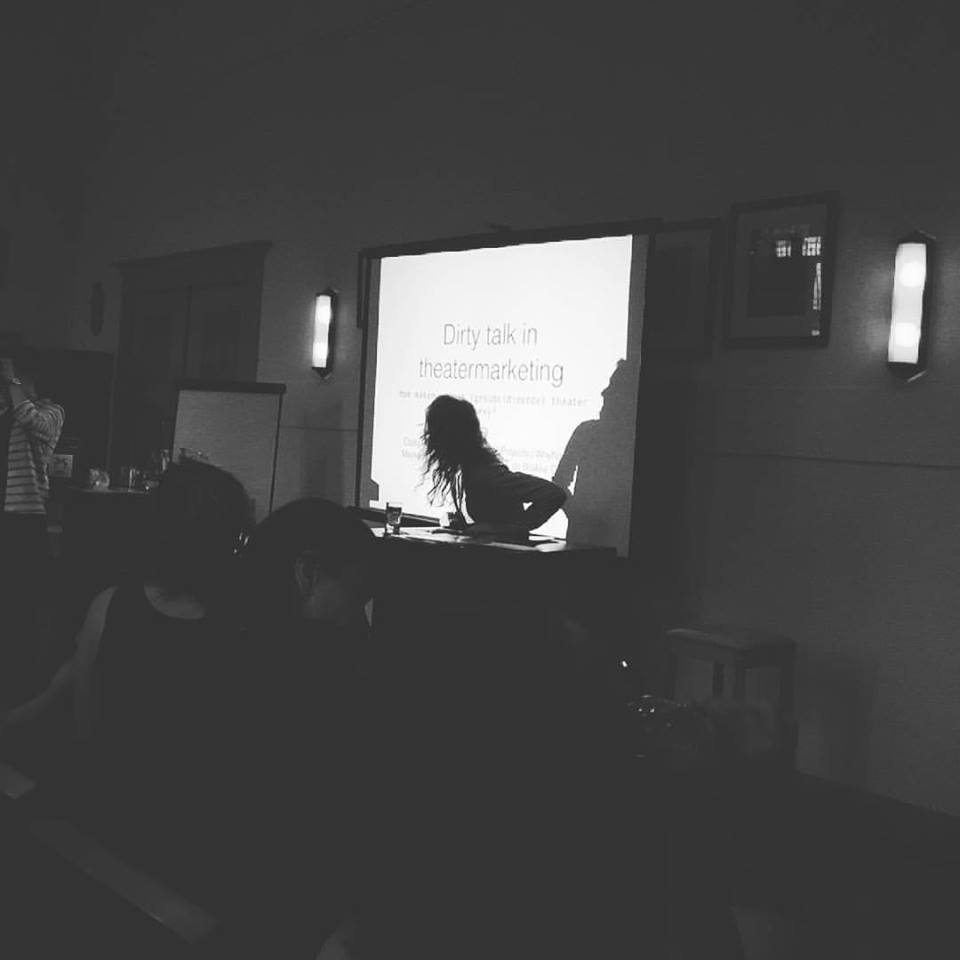
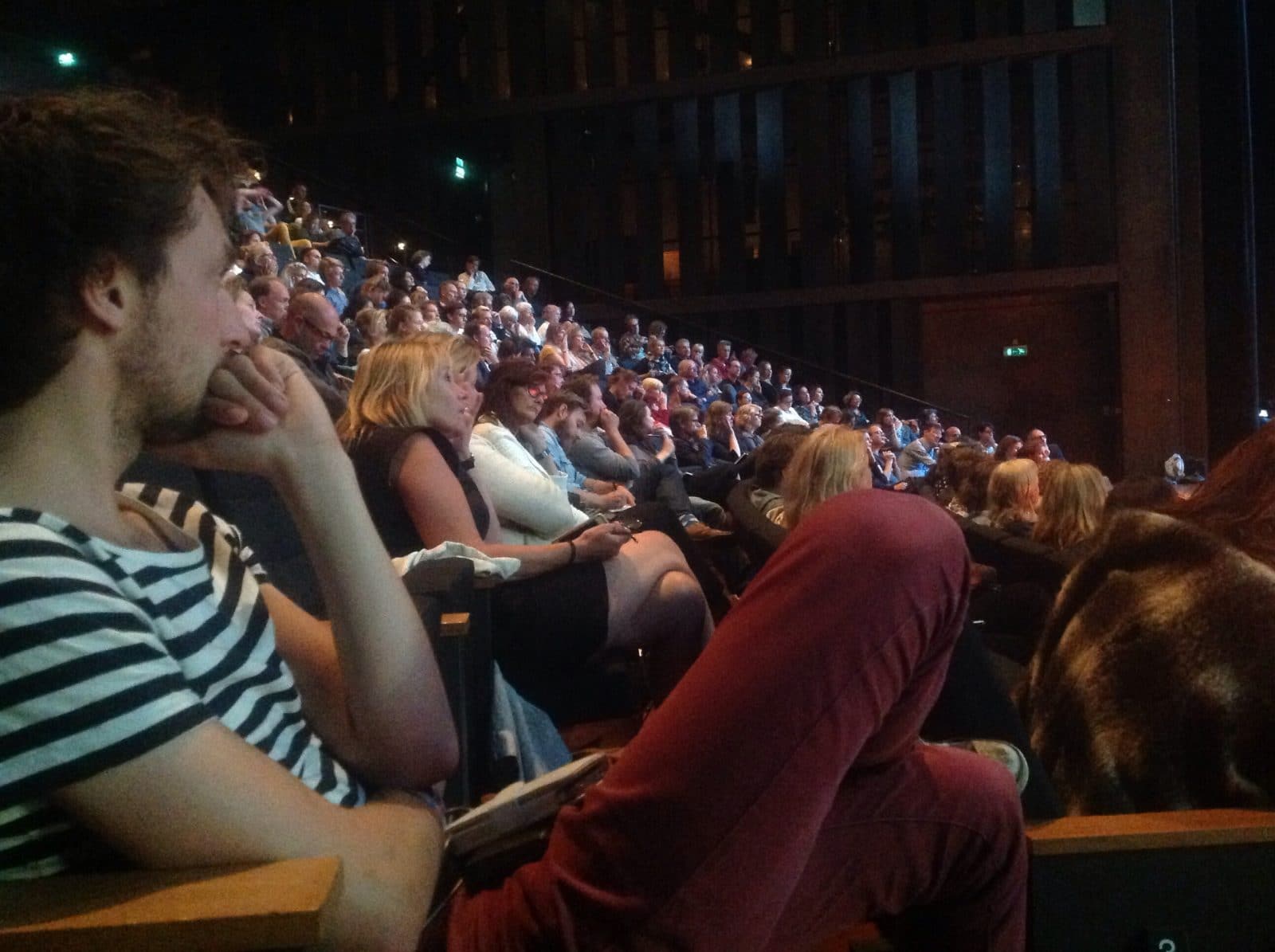
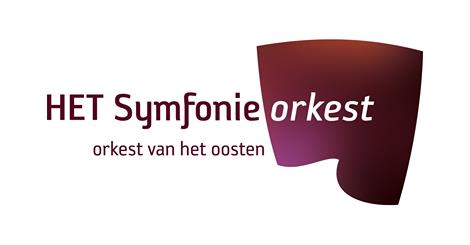

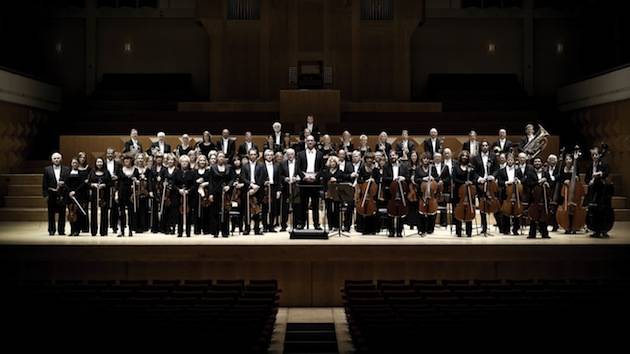
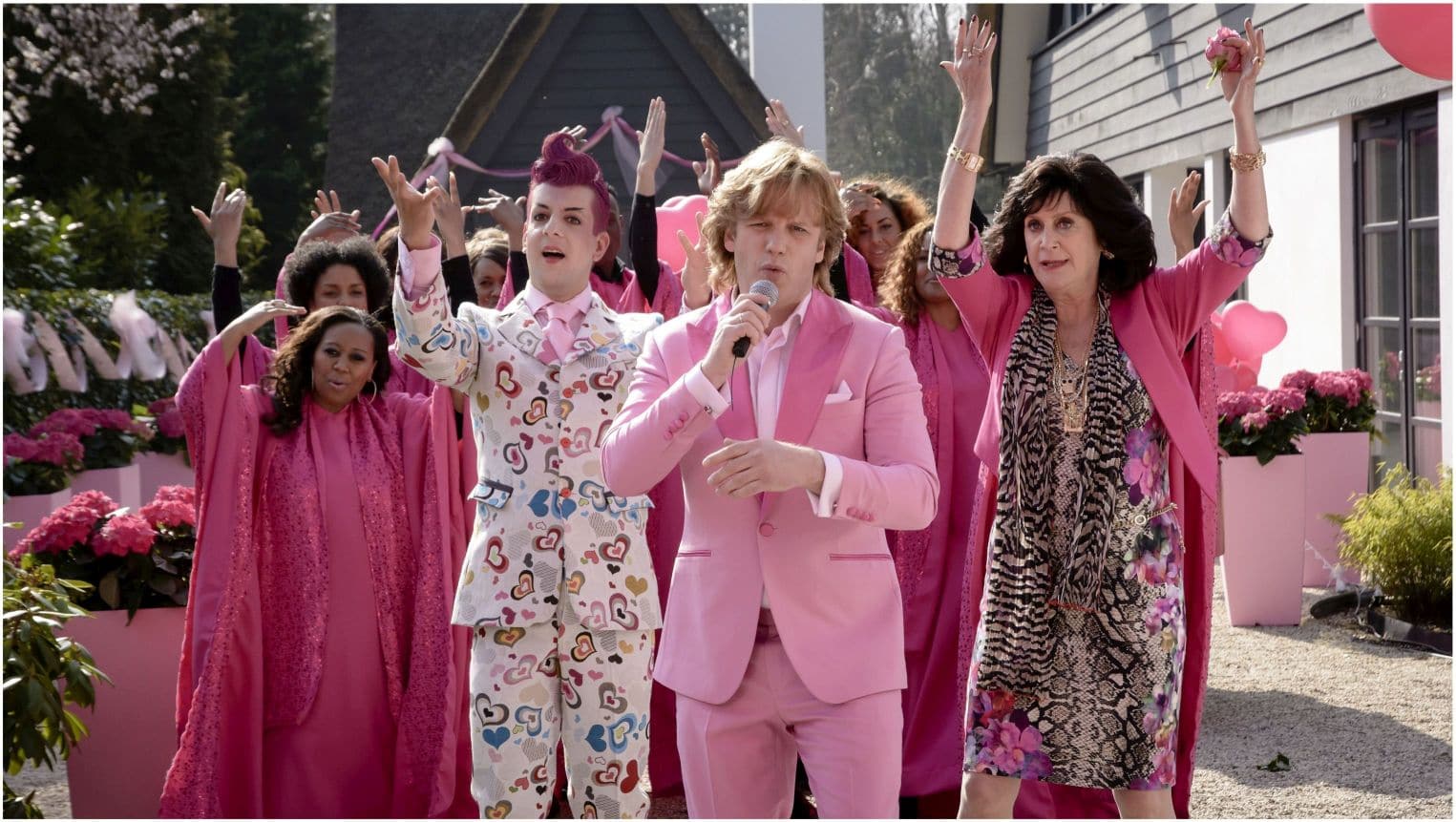


Je moet ingelogd zijn om een reactie te plaatsen.